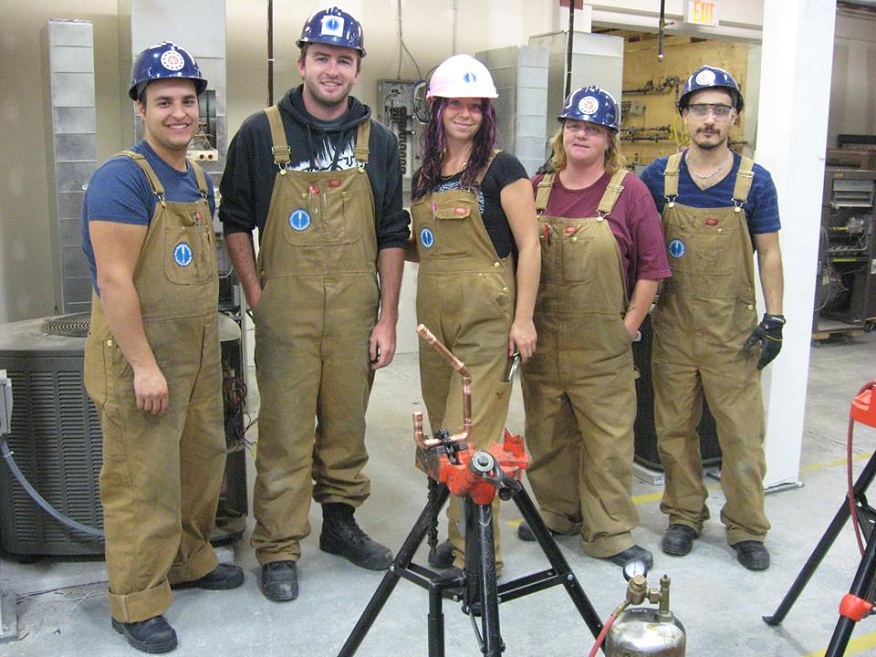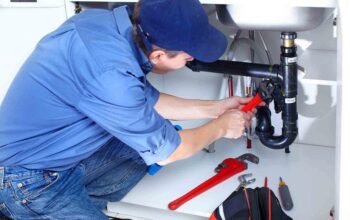Plumbing trade schools offer specialized training programs that focus on preparing individuals for a successful career in the plumbing industry. These schools provide a unique educational experience tailored specifically to the field of plumbing.
Here are eight unique aspects of plumbing trade schools.
1. Practical Emphasis
Plumbing trade schools place a strong emphasis on practical, hands-on training. Students get extensive opportunities to work with plumbing tools, equipment, and systems, allowing them to develop essential skills through real-world applications.
Many trade schools have dedicated plumbing workshops or simulated plumbing environments where students can practice their skills. These environments may include plumbing systems, fixtures, and pipes that mimic real-life situations, providing students with a realistic learning experience.
2. Comprehensive Curriculum
The curriculum at plumbing trade schools is designed to cover a wide range of topics related to plumbing. Students learn about pipefitting, drainage systems, water supply systems, plumbing codes, plumbing system design, and more.
3. Experienced Instructors
Plumbing trade schools often have instructors who have significant experience working in the plumbing industry. These instructors bring their practical knowledge and expertise into the classroom, offering valuable insights and guidance to students.
Instructors with practical experience can share real-world examples and anecdotes from their own careers. They can relate theoretical concepts to practical applications, making the learning experience more engaging and relevant for students. Their stories and experiences help students grasp the practical implications of plumbing techniques and procedures.
4. Industry-Specific Certifications
Trade schools assist students in obtaining industry-specific certifications and licenses that are essential for a career in plumbing.
Industry-specific certifications focus on the specific knowledge and skills required for plumbing professionals. They cover various areas such as plumbing codes, pipe installation, system maintenance, safety protocols, and more. By earning these certifications, students demonstrate their expertise in these specialized areas, making them more valuable to potential employers.
5. Specialized Equipment and Facilities
Plumbing trade schools provide specialized equipment and facilities that simulate real-world plumbing environments. This allows students to practice their skills in a controlled setting, preparing them for the challenges they will face in the field.
6. Networking Opportunities
Trade schools often provide networking opportunities for students to connect with industry professionals, plumbing contractors, and potential employers. Job fairs, industry events, and alumni networks can help students establish valuable contacts and increase their chances of finding employment after graduation.
7. Job Placement Assistance
Many plumbing trade schools offer job placement assistance to their graduates. They may have partnerships with local plumbing companies or maintain a network of employers actively seeking skilled plumbers. This support can significantly enhance students’ job prospects.
8. Flexibility in Scheduling
Plumbing trade schools understand that many students may have other commitments or jobs while pursuing their education. As a result, they often offer flexible scheduling options, including part-time and evening classes. This allows individuals to balance their existing responsibilities while gaining the necessary skills for a plumbing career.
Overall, plumbing trade schools provide a unique and focused educational experience that prepares individuals for the demands of the plumbing industry. From practical training to industry certifications and networking opportunities, these schools equip students with the skills and resources needed to succeed in this essential trade.




